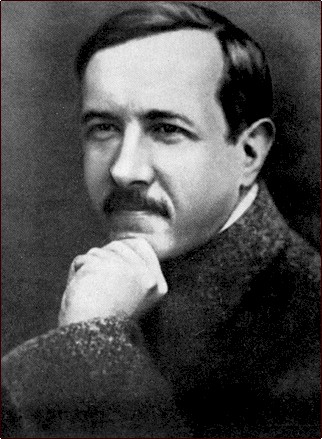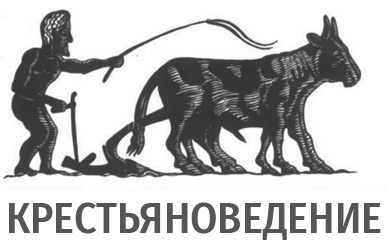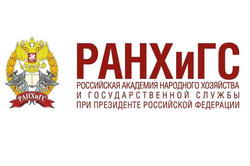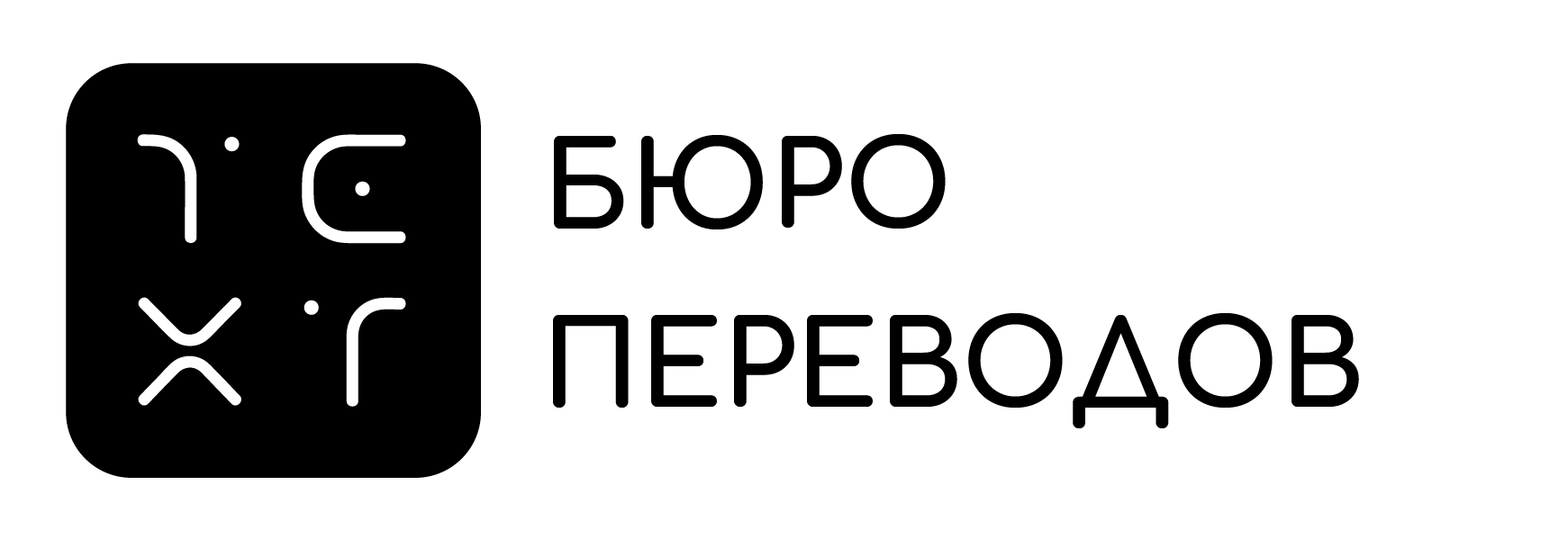Alexander Vasilievich Chayanov (1888-1937)
Bibliography of works about A.V. Chayanov
Chayanov, an outstanding representative of the Russian economic thought of the early 20th century, was born in Moscow on January 17 (29), 1888 in the family of a wealthy peasant V.I. Chayanov and a daughter of the famous Vyatka merchant E.K. Klepikova.
After graduating from the non-classical secondary school in 1906, Chayanov entered the Moscow Agricultural Institute, and his teachers N.N. Khudyakov, D.N. Pryanishnikov and A.F. Fortunatov became his model in science and in life. Already at the Institute Chayanov showed himself as a remarkable scientist. In 1908, he published his first article Travelling Departments in Italy. In 1911, after the successful defense of his graduate work, Chayanov was awarded the title of the scientist-agronomist of the first category, and the leadership of the Institute accepted him as a scholarship holder to continue his scientific-teaching activities. In 1911, at the Moscow Region Congress of Agronomic Assistance to the Population Chayanov met economists with whom he made up the backbone of the organization-production school in the Russian economic thought – Chelintsev, Makarov and Rybnikov.
In 1912-1913, Chayanov published two issues of Essays on the Theory of Labor Economy, in which he outlined the theory of the labor-consumption balance in the labor peasant economy. In 1913-1917, Chayanov studied the theory and practice of cooperation, methodology of budget studies of the peasant economy and its organization. In 1915, together with Anisimov, Maslov and Rybnikov he organized the Central Partnership of Flax Growers – a cooperative association that quickly arranged the purchase and sale of flax including abroad.
During the World War I, Chayanov focused on solving the food question. In the Special Meeting on Food established in 1915, he was a representative of the All-Russian Union of Cities, and in March 1916, he headed the Food Department of the All-Russian Zemstvo Union. Chayanov also taught at the Moscow Agricultural Institute, A.L. Shaniavsky People’s University and different agricultural courses.
After the February Revolution of 1917, Chayanov was an organizer of the League of Agrarian Reforms and a member of the Main Land Committee that developed the agrarian reform. In October, he was appointed an advisor of the Minister of Agriculture S.L. Maslov in the last composition of the Provisional Government, but did not take up his duties.
In the difficult 1918-1919, cooperation helped many economists to survive. Chayanov was one of them, and he wrote most of his works on cooperation including the most significant one – Basic Ideas and Forms of Peasant Cooperation (1919).
In 1918, Chayanov was one of the youngest professors of the Peter’s Agricultural Academy. In 1919, he headed its Higher Seminar of Agricultural Economy and Policy that was transformed into the Research Institute of Agricultural Economy and Policy in 1922, and focused on theoretical and practical issues in organization of agriculture, taxation and accounting, cooperation, standards, agricultural regionalization and economic geography.
During the NEP, Chayanov worked in administrative bodies. He was a member of the Presidium of the Economic Meeting of the People’s Commissariat of Agriculture and planned its activities for 1921-1922, and as a member of the Board of the People’s Commissariat of Agriculture he coordinated the work on the first plan for the development of agriculture in the RSFSR. In 1922, Chayanov had a long business trip to England and Germany. As an authority for cooperators, he was to help the People’s Commissar of Foreign Trade L.B. Krasin to establish foreign trade relations, and he was to participate in an extensive program of the studies of world agriculture and to purchase scientific literature with the allocated funds for the People’s Commissariat of Agriculture and the Research Institute of Agricultural Economy and Policy. In Germany, Chayanov developed the theory of the peasant economy organization, published articles and a large work in German – Doctrine of Peasant Economy, which was published in the USSR in 1925 as Organization of Peasant Economy.
Chayanov was a talented economist, he wrote five fantastic novels, poems, a play and a film script, he was an expert in the history of Moscow and old engravings, he was a bibliophile with a collection of more than 5 thousand books.
After his return from the business trip, Chayanov focused on the research and teaching, and in 1923-1927 he became the most influential agrarian economist of the organization-production school, whose representatives worked mainly in the departments of the Faculty of Economics of the Timiryazev Agricultural Academy.
However, the authorities moved the discussion, which began in 1927 on the differentiation of peasant economy and development of cooperation and collectivization, from the field of scientific debates to the field of administrative regulation. In 1928, Chayanov was removed from the position of the head of the Institute. The speech of I.V. Stalin at the conference of agrarian Marxists, in which he used the name of Chayanov as plural and figurative, marked the start of repressions against the organization-production school. On July 21, 1930, Chayanov was arrested and charged with membership in the Labor Peasant Party that was accused of creating a crisis in agriculture and aiding intervention. Chayanov was sentenced to 5 years in prison and sent to the Yaroslavl Political Isolation Ward. In 1934, the prison sentence was replaced by an exile to Kazakhstan.
In the second half of 1934, Chayanov was allowed to teach variation statistics at the L.N. Mirzoyan Kazakh Agricultural Institute. In 1935-1937, he also worked as a senior economist-analyst in the balance group of the Planning-Financial Department of the People’s Commissariat of Agriculture and in the Exhibition Committee that prepared the Kazakhstan materials for the All-Union Agricultural Exhibition. On June 28, 1935, the Special Meeting of the People’s Commissariat of Internal Affairs of the USSR extended his exile for 3 more years.
On March 16, 1937 Chayanov was arrested again and on October 3 he was shot by the sentence of the Special Meeting of the People’s Commissariat of Internal Affairs of the USSR. Chayanov was fully rehabilitated only in 1987.









